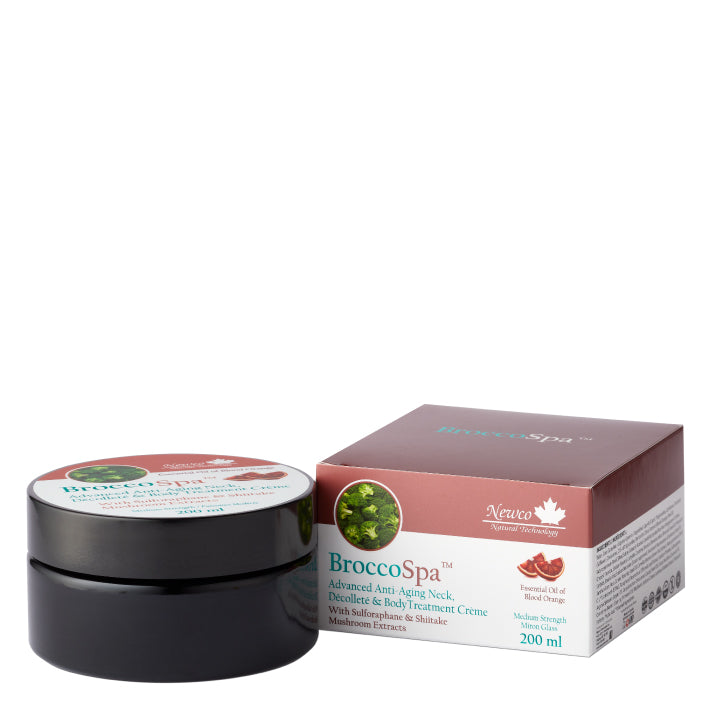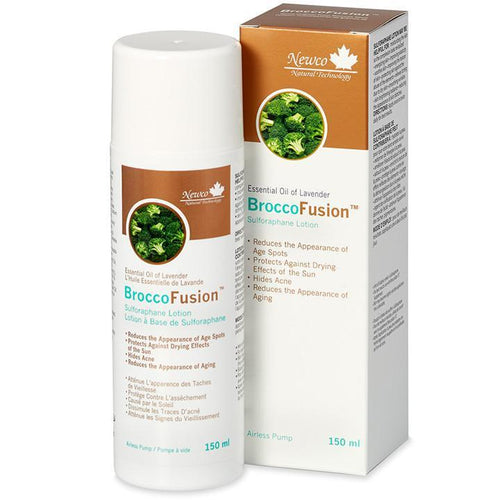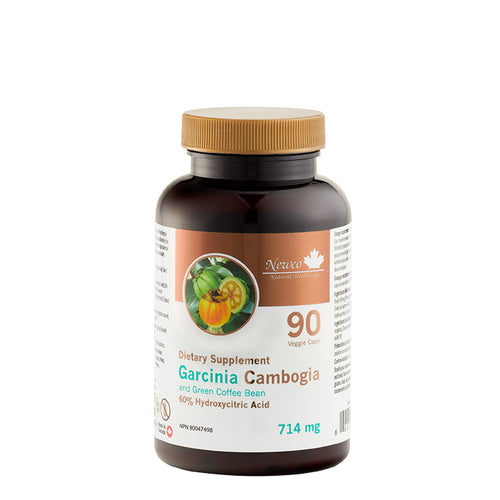Cleanses sound appealing, we’ll give you that. But while the thought of rapid weight loss and ridding your body of circulating toxins seems magical and healing, fact is you may be doing more harm than good. Here’s why.
Society has done a great job of convincing us that we are walking toxic dumps — our systems replete with scary elements from non-organic foods, environmental pollution, artificial additives and sundry chemical compounds. These undesirable toxins wreak havoc on our health, bodyweight and energy levels, and the only definitive solution for expelling them is a cleanse. Right? Meh – not so much.
To date, there is no scientific research that supports the efficacy of a purging cleanse, and moreover there’s no data that reveals that these supposed lawless “toxins” even exist. True, a cleanse may help some people feel better initially — especially if their diet was filled with processed, high-calorie foods — and some people may experience a rapid drop in scale weight, but both these benefits are temporary.
Most cleanses or detox diets essentially starve your body of the essential nutrients and calories it needs, eliminating nearly all food groups and relegating you to handfuls of supplements, oddball drinks, laxative teas or even enemas. But no matter who you are, after a few days of severe calorie restriction, your energy will tank and fatigue will set in.
As for the weight loss, sorry to say it’s all water: When you eliminate carbs from your diet, your body releases the intercellular water that is used to metabolize those calories, hence you drop a few pounds. However, continued calorie restriction means eventual catabolism — in which your body uses your muscles for fuel — so while you might finish a cleanse weighing less, you’re probably still carrying around the same amount of body fat but now have less muscle, causing a drop in metabolism.
Au Naturel
Fortunately, these kinds of cleanses are an unnecessary experience because you were born with two corporeal cleansing tools — your liver and your kidneys. Your liver converts toxins like alcohol, heavy metals and medications into harmless substances. Those substances then travel to your kidneys, which filter your blood, remove wastes and expel them as urine. Frequent urination means you’re effectively detoxing yourself on the reg — no nasty beverages required.
That being said, you can help your organs function at their best, and a number of foods, herbs and spices have been shown to assist your liver and kidneys in doing their jobs. This two-week meal plan is replete with these foodstuffs, and these purifying recipes will make you feel lighter, healthier and more energetic than ever.
Turmeric Chicken Farro Soup
Makes 8 servings (1 serving = 1.5 cups)
Ingredients
1 tbsp olive oil
1 medium white onion, diced
4 large carrots, peeled and cubed
4 large celery stalks, diced
4** cups cooked chicken breast, ***chopped or shredded*
4 cups low-sodium chicken broth
1½ cups kale, roughly chopped
¼ cup fresh parsley
2 tsp ground turmeric
1 cup dry farro
½ tsp ground black pepper, ** or to taste**
1 tsp salt, or to taste
Directions
Heat oil in a large pot over medium-high heat. Add onions, carrots and celery and season with salt and pepper. Saute until softened, about 5 minutes. Add remaining ingredients, except farro, and bring to a boil. Rinse farro, then add to soup and return to a boil. Reduce heat to a simmer, cover and cook until farro is tender, about 15 minutes. Add salt and pepper (to taste) and serve.
Nutrition Facts (per serving): calories 356, fat 8 g, protein
42 g, sodium 176 mg, carbs 27 g, fiber 6 g, sugar 3 g

Grapefruit Turmeric Smoothie
Makes 1 serving
Ingredients
1 grapefruit, peeled and seeded
½ tsp turmeric
½ cup frozen mango
1 (5.6 ounce) container plain nonfat Greek yogurt
1 tsp honey
½ cup nonfat milk of choice, more if needed
Directions
Blend all ingredients until smooth.
Nutrition Facts: calories 310, fat 1 g, protein 25 g, sodium 118 mg, carbs 54 g, fiber 5 g, sugar 42 g

Grilled Artichokes
Makes 2 servings
Ingredients
2 large artichokes
2 tbsp lemon juice
1 tbsp olive oil
salt and pepper, to taste
Directions
Trim ends off artichokes and then slice in half lengthwise. Fill a large bowl with cold water and add lemon juice. Place artichokes in water to prevent browning. Bring a large pot of water to a boil and preheat the grill. Add artichokes to boiling water and cook 15 minutes. Drain and set aside. Brush artichokes with olive oil and season with salt and pepper (to taste). Place artichokes facedown on grill and cook until lightly charred, 5 to 10 minutes.
Nutrition Facts (per serving): calories 141, fat 7 g, protein 5 g, sodium 447 mg, carbs 18 g, fiber 9 g, sugar 2 g
Crunchy Kale Detox Salad
Makes 2 servings
Ingredients
4 cups kale, chopped
2 cups broccoli, chopped
2 medium celery stalks, diced
1 cup red cabbage, shredded
1 cup carrots, shredded
¼ cup sliced almonds
1 cup cauliflower, chopped
½ avocado, diced
½ apple, cored and diced
2 tbsp olive oil
2 tbsp lemon juice
2 tbsp fresh parsley, chopped
½ tsp sea salt
½ tsp ground black pepper
Directions
Toss all ingredients in a bowl and enjoy.
Nutrition Facts (per serving): calories 420, fat 27 g, protein 14 g, sodium 767 mg, carbs 42 g, fiber 16 g, sugar 16 g
Pineapple-Cranberry Hibiscus Detox Smoothie
Makes 1 serving
Ingredients
¾ cup water
1 bag Lipton berry hibiscus tea
½ cup frozen cranberries
½ cup frozen pineapple chunks
1 (5.6 oz ) container plain nonfat Greek yogurt
handful ice
Directions
Steep tea 3 minutes in boiling water. Allow tea to cool to room temperature. Add tea and all remaining ingredients to a blender and blend until smooth.
Nutrition Facts: calories 158, fat 1 g, protein 17 g, sodium 59 mg, carbs 23 g, fiber 3 g, sugar 15 g

Superstar Sustenance
Help your system function at its best by including these food items in your daily regimen.
Apples | Pectin, a soluble fiber found in apple peels, indirectly promotes positive kidney health by helping control blood sugar; high blood sugar can have damaging effects on the kidneys. Whole, raw organic apples with untainted peels are your best bet.
Artichokes | Two flavonoids found in artichokes are liver superstars: Cynarin stimulates bile production, aiding in the digestion of fats and absorption of vitamins and minerals, while silymarin protects the liver from free-radical damage.
Avocado | Not only do the healthy fats in avocados help increase bile production and improve waste removal, but their high levels of potassium also helps combat fatty liver disease and allows your kidneys to maintain your electrolyte and acid-base balance.
Cranberry Juice | Cranberries contain proanthocyanidins, powerful antioxidants preventing bacteria from attaching to your digestive tract, protecting your kidneys from infection. Eight ounces of juice daily is all you need to reap the benefits.
Cruciferous Veggies | Cruciferous vegetables contain glucosinolates, compounds that enhance the body's ability to neutralize carcinogens, helping prevent cancer. Eat plenty of broccoli, cauliflower, cabbage or Brussels sprouts to combat the big C.
Grapefruit | Naringin, a powerful flavonoid in grapefruit, may help control inflammation in the body, and a study published in the journal Life Sciences found that naringin helps regulate alcohol metabolism to assist with liver health. It is also high in pectin, a fiber which sort of "sticks" to toxins in the blood and eliminates them through urine.
Hibiscus | A study published in the journal Food & Function found that subjects treated with hibiscus extract for 12 weeks had reduced body fat, lower bodyweight, reduced body mass index and improved liver steatosis (accumulation of fatty tissue in the liver).
Kale | Kale is packed with glucosinolates, which aid in your body's natural detox processes. A recent study published in the journal Molecular Nutrition & Food Research also found that isothiocyanates help increase urinary excretion of metabolites of the toxic chemicals found in tobacco - great news for smokers or those subjected to secondhand smoke.
Nuts | Nuts contain HDL cholesterol, which your liver uses to remove the bad cholesterol (LDL) from your system and reduce inflammation. Bonus: A study published in The American Journal of Clinical Nutrition found that women who eat nuts regularly tend to have lower bodyweight and lower risk of obesity.
Parsley | Studies show that parsley may help reduce the formation of kidney stones by decreasing the amount of calcium in urine, increasing urinary pH and reducing urinary protein excretion. Sprinkle parsley overtop any protein, grain or veggie.
Turmeric | The antioxidant capabilities of turmeric help the liver process metabolic wastes and protects it from toxins. It helps promote digestion, relieving gas by acting as an antispasmodic and reducing inflammation in the digestive tract. The curcumin in turmeric also stimulates the gallbladder to make bile, in turn improving liver function.
Water | Your kidneys are reliant on water to eliminate wastes, so drink plenty of water every day. Keep an eye on your urine color throughout the day to gauge your intake: Colorless to light yellow means you're doing a great job; darker yellow means you need to step it up.
Toxic Foods
While most foods reported to be toxic generally lack the scientific research to back those claims, there are harmful substances lurking in your fridge and pantry. Here are some of the top contenders.
Added Sugar | Not only are added sugars empty calories, but they also contribute to obesity, Type 2 diabetes, cancer and even heart disease. Aim for foods with single-digit sugars on food labels and no added sugar in the ingredient list.
Mercury | Mercury is a naturally occurring metal. However, large fish can absorb it into their bodies where it converts to methylmercury, a highly toxic substance. Avoid fish that are high in mercury content like tuna, mackerel, shark, swordfish and tilefish.
Refined Oils | Oils made from corn, sunflowers, safflowers, soybeans and cottonseed are high in omega-6 fatty acids, and while you do need some omega-6s in your diet, too many can cause inflammation and increase your risk of cancer and heart disease.
Trans Fats | These man-made fats have been shown to increase the risk of chronic conditions such as heart disease and high blood pressure by increasing bad cholesterol (LDL) and reducing good cholesterol (HDL). The good news is that the Food and Drug Administration no longer includes trans fats as a food “generally recognized as safe” and food manufacturers have pretty much phased them out.
Alcohol | When you drink alcohol, your liver stops everything it’s doing to process it, including fat metabolism. Alcohol also causes dehydration, putting a strain on your kidneys and limiting your ability to eliminate toxins.


Written by Shoshana Pritzker for Oxygen Magazine and legally licensed through the Matcha publisher network. Please direct all licensing questions to legal@getmatcha.com.





